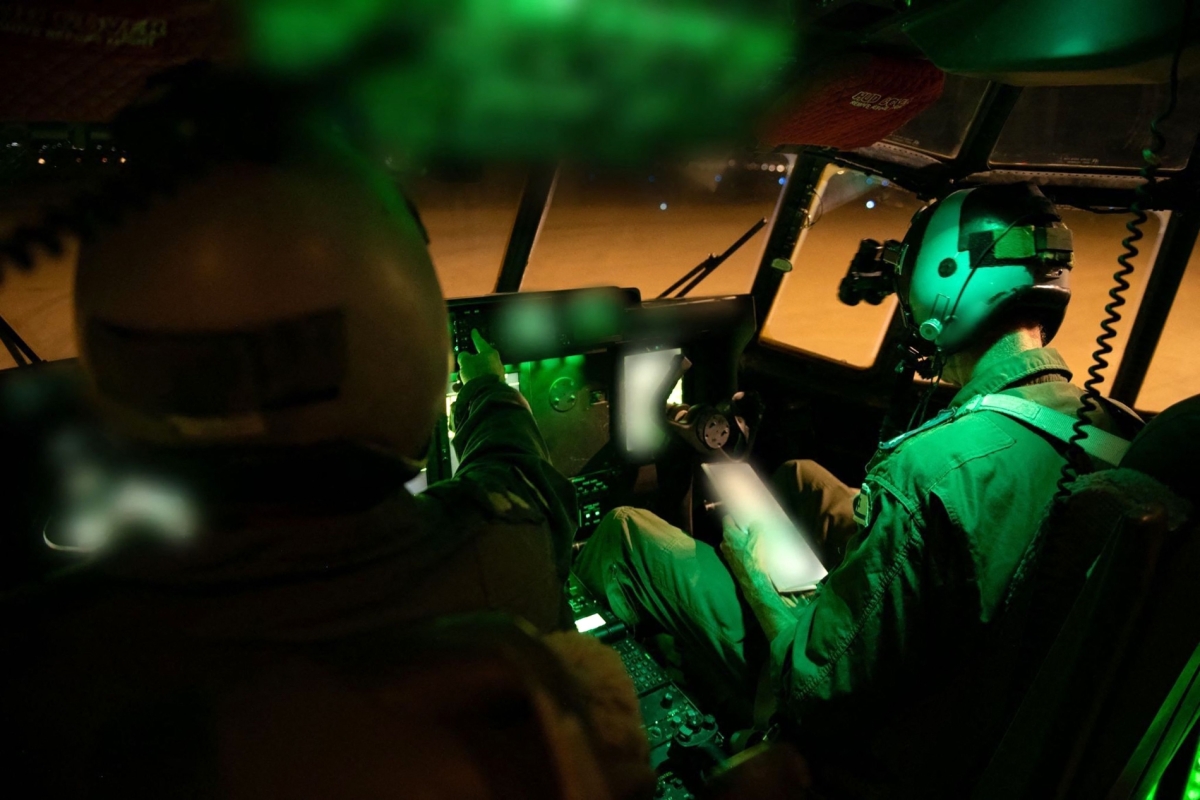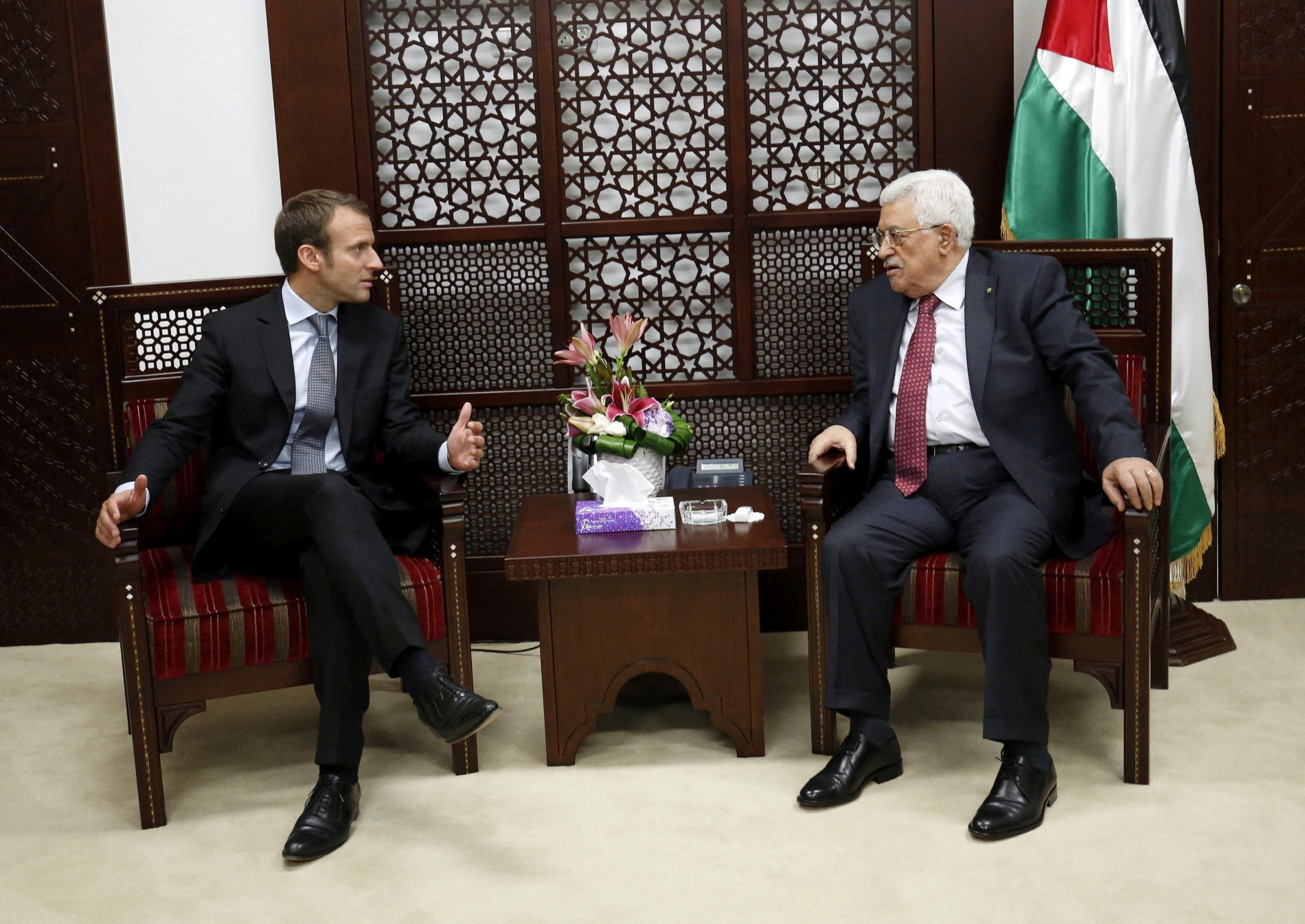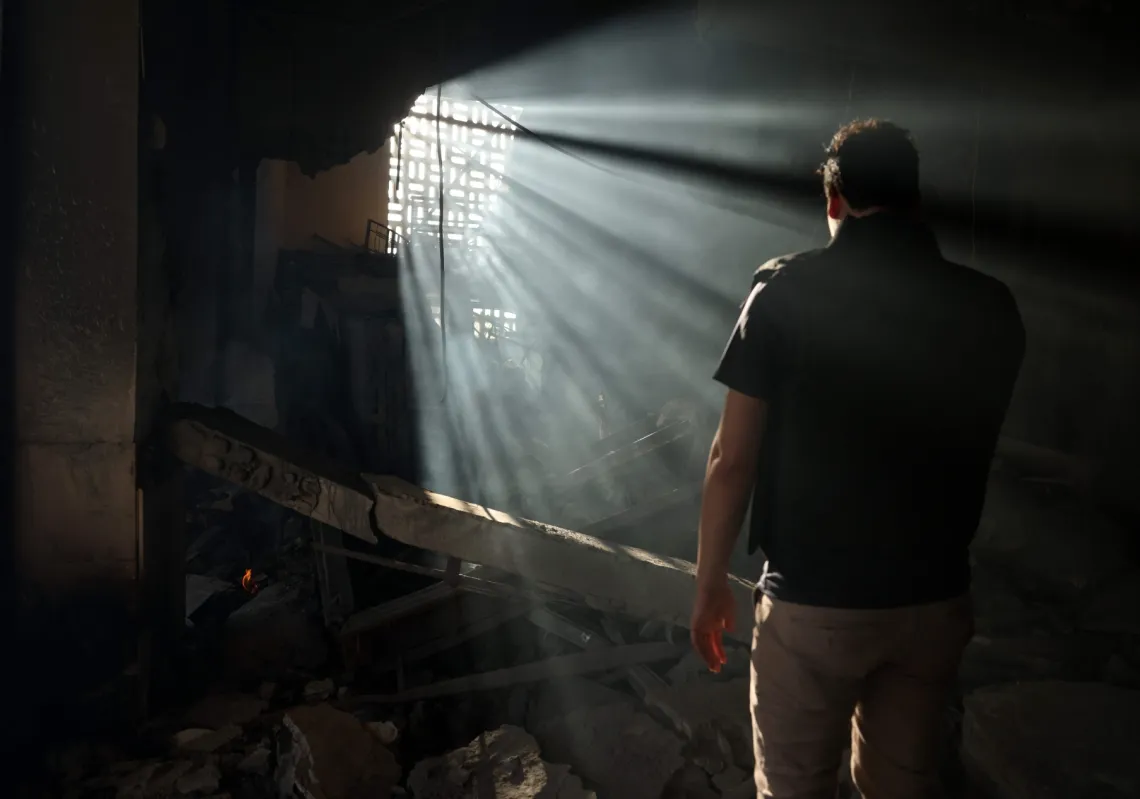Israel has always wanted to reshape the Middle East to serve its interests. It has tried to do so through domination rather than cooperation. Domination implies disregard for the interests of its neighbours. Cooperation requires balancing the interests of all regional parties. The first paradigm can be imposed, but is not sustainable in the long run. The second is difficult to arrive at but, once realised, is enduring.
Israel’s actions since October 2023 are a vivid testimony to this policy. It has taken military aggression to a new level. It has committed war crimes, crimes against humanity, and—judging by the verdict of international human rights organisations and experts—genocide against the Palestinian people. In Lebanon, it has carried out targeted assassinations, flattened entire villages and neighbourhoods, and refuses to withdraw from territories it recently occupied in violation of an agreement brokered by the US.
It has destroyed Syria’s military assets, leaving the country unable to defend itself, and occupied even more territory at a time when Damascus has repeatedly announced it does not wish to enter into military confrontations with anyone. The Syrian government has also stated it will not allow its territory to be used for attacks against its neighbours. Lastly, Israel has capitalised on Iran’s new weakness to attack it without provocation.
Such actions have been taken by Israel without the slightest regard for innocent human lives or international law, and with no clear endgame in sight, except dominating the region at any price. One of Prime Minister Benjamin Netanyahu’s main objectives during his latest visit to Washington appears to have been to leverage his recent ‘achievements’ in Gaza, Lebanon, Syria, and Iran. He also sought to convince President Donald Trump that the door is now open to reshape the Middle East to suit both Israeli and US interests.
The US and regional security
The US’s long-term strategy in the Middle East—shared by both Republicans and Democrats—is to reduce its military commitments in the region to better concentrate on China as the ‘enduring challenge’ to US strategic interests. To accomplish this objective, the US needs to substitute its role as the ‘ultimate guarantor’ of Middle East regional security with an alternative arrangement. This, in essence, requires a regional security arrangement that prevents military confrontations and ensures stability.
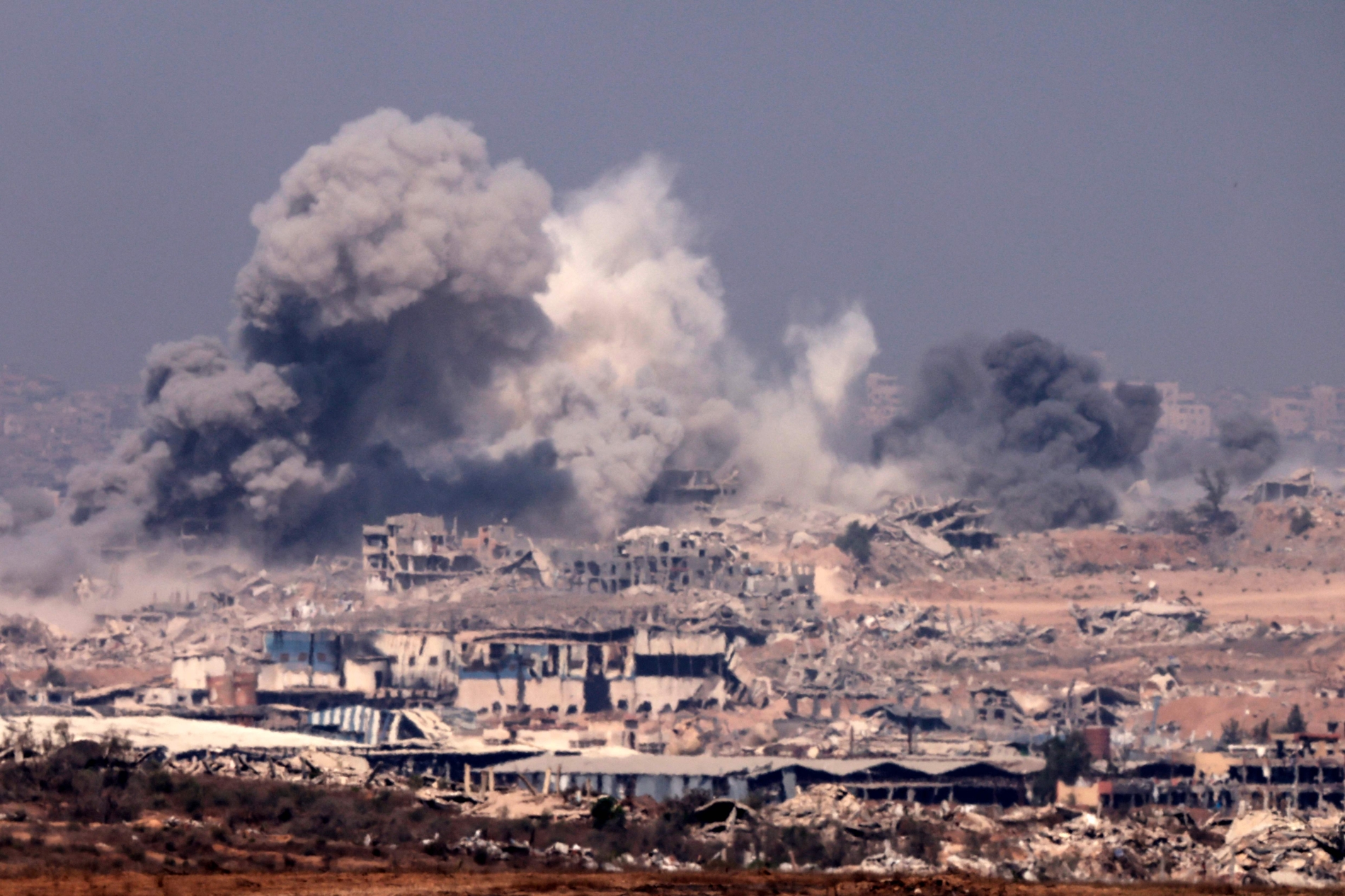
That is where Netanyahu’s pitch to Trump comes in. The best means to address Washington’s concerns, he believes, is to establish a regional security system that fully integrates Israel—militarily, politically, and economically—in the Middle East. In other words, it means accepting Israel’s domination of the region.
That is the idea behind the Negev Forum, a regional cooperation initiative launched in 2022 by Bahrain, Egypt, Israel, Morocco, the UAE, and the US. The underlying rationale behind the forum was to establish a politico-military arrangement involving Israel and several Arab states—not unlike NATO—directed against Iran. One of the first steps was to coordinate air defence systems between the countries participating in the forum.
Saudi Arabia did not join the Negev Forum, and the forum has stalled since 2023. With Israel’s aggressive military policies in Gaza, the West Bank, Lebanon, and Syria, as well as against Iran, bringing the forum to fruition has become a remote possibility.
Netanyahu’s plan for regional dominance
To convince Trump to support Israel’s plan to reshape the Middle East, Netanyahu probably used the following argument: Given what Israel has accomplished in Iran, Syria, Lebanon, and Gaza—severely weakening Iran and its regional allies—conditions are ripe to reshape the region to suit both US and Israeli interests.
A principal element in this regard is the establishment of a regional security system tailored to their interests. It would be necessary to effect regime change in Iran, or at least place Iran’s nuclear programme under strict controls. Controls that are probably unacceptable to Iran and would require continuous military pressure to realise that objective. The Abraham Accords would also have to be expanded to include Saudi Arabia, Syria, and Lebanon.
If the US joins Israel’s vision for the future of the region, Trump would be heralded as the ultimate ‘peacemaker’, opening a pathway to the Nobel Prize that he covets so much.
While Netanyahu’s pitch may be appealing to Trump, it carries consequences that he is probably hesitant—at least at this stage—to accept. Trump’s priorities are usually short-term: a ceasefire in Gaza and the return of the hostages; a deal with Iran to cater to the wishes of a large portion of his constituency who are averse to US military entanglement anywhere, including in Iran. That is not to say he will not, once again, be manoeuvred into taking military action by Israel.
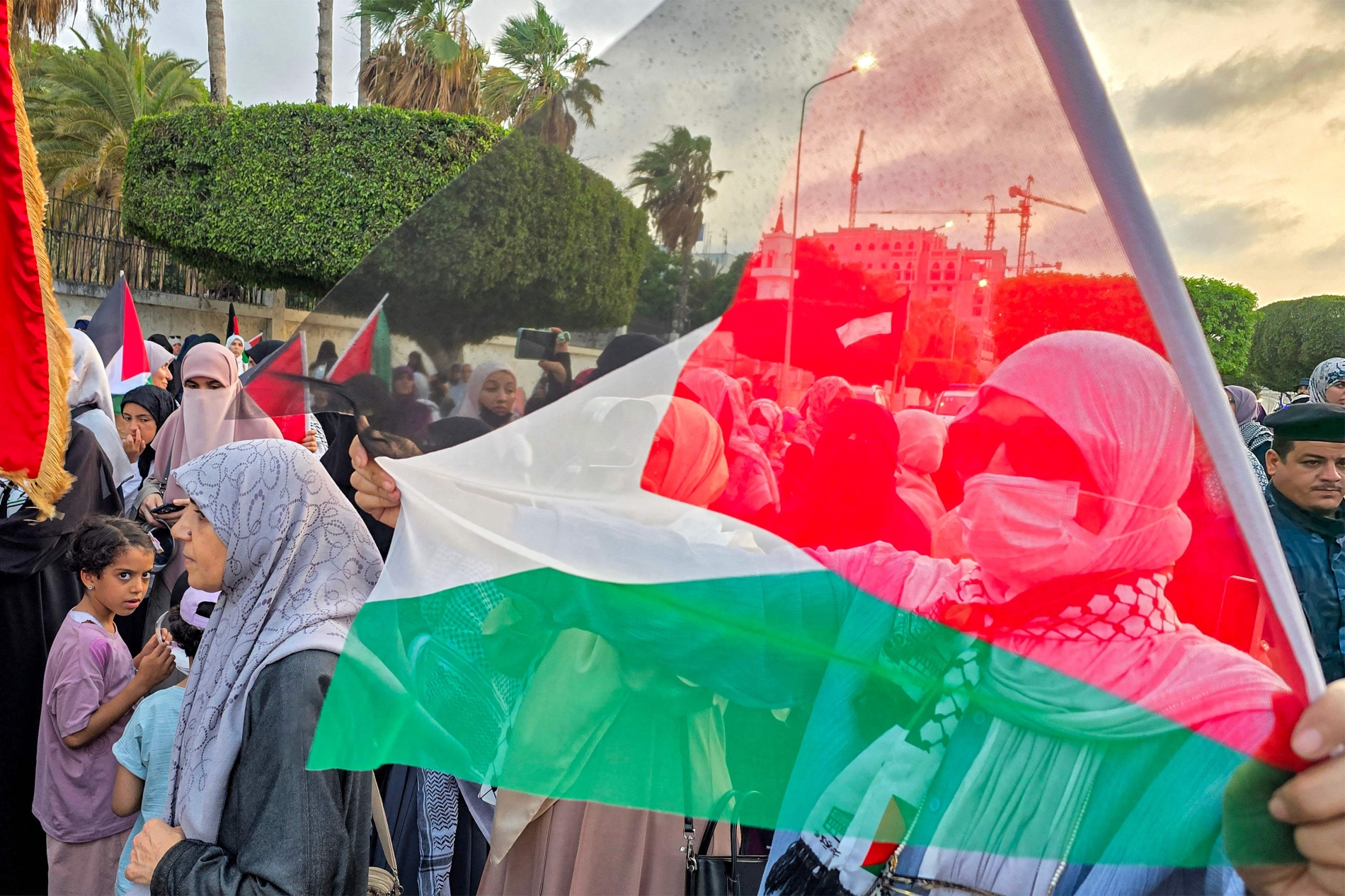
Were the US to buy into the Israeli project, it would be endorsing Israeli hegemony over the region. This would be detrimental to Arab interests. A regional security system based on the domination of one party over all others carries the seeds of conflict and instability.
Israel may be the most militarily powerful country in the region and the most technologically advanced society, but for historic and cultural reasons, it cannot dominate the region. The only way it can do so is by force of arms, and this runs counter to the interests of the US, which wants to devise a security system that fosters regional stability.
The need for an alternative Arab plan
Arab countries cannot—and should not—sit idly by and allow Israel to foist its project for the future of the Middle East upon them. They should take urgent steps to counter Israel.
First, by dissuading Washington from buying into the Israeli project. They must highlight its serious shortcomings, particularly its long-term consequences for regional peace and stability. They need to provide an alternative plan that addresses the immediate concerns the US is actively engaged in resolving, namely a durable ceasefire in Gaza, the release of the remaining hostages, rebuilding Gaza, and stabilising the situations in Lebanon and Syria. The latter can only be achieved by pressuring Israel into desisting from its present policies of continuous military intervention. There is a need to capitalise on Washington’s lack of enthusiasm for Israel’s most recent actions in Syria and Southern Lebanon.
Second, emphasise the difference between a regional security system and a regional security architecture, with a preference for the latter. The system—which is Israel’s preference—implies a formal or institutionalised structure created by states in a specific region to address shared security challenges through collective measures (Negev Forum). In contrast, an architecture is a broader framework or ecosystem of security relationships, norms, and institutions in a region, including both formal and informal arrangements.
Third, halt military operations in Syria and Lebanon via temporary arrangements requiring Israel’s withdrawal from recently-occupied territories. Fourth, prevent further military confrontation with Iran and resume negotiations.


